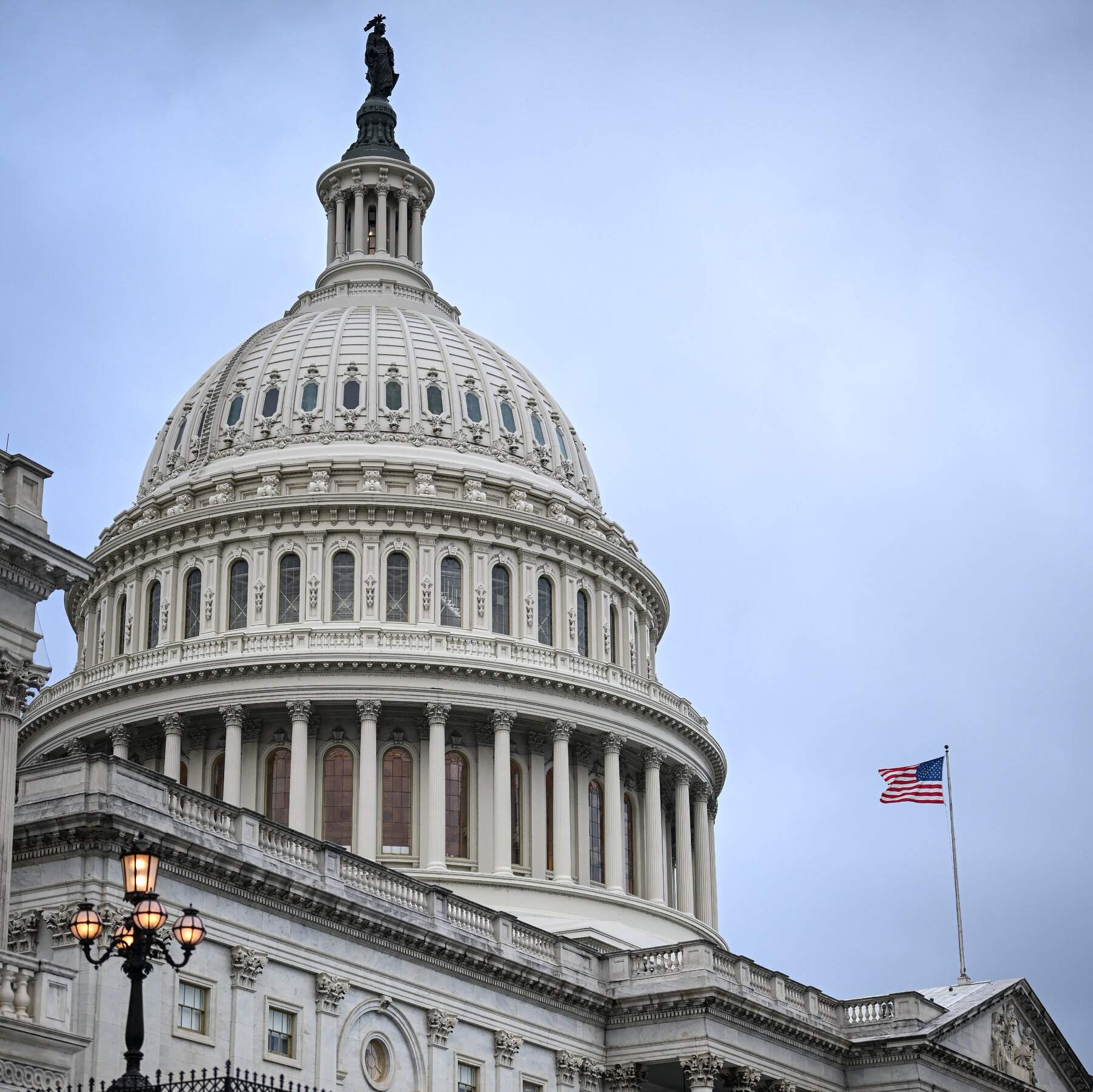Solvay of Belgium Signs Rare‑Earth Agreements with the United States
New contracts underscore Europe’s lag behind the U.S. in diversifying critical mineral supplies
The Belgian chemicals group Solvay has finalized two strategic agreements with American partners to develop and market rare‑earth elements (REEs) outside of China’s dominant supply chain. The deals, announced this week, are intended to create a transatlantic production network that can meet the surging demand for REEs in clean‑energy technologies, defense systems, and high‑performance electronics.
Deal details and partners
One contract pairs Solvay with U.S. Energy Ventures to explore a joint mining project in the western United States, targeting deposits rich in neodymium, dysprosium and other heavy REEs. The second agreement links Solvay with American Rare‑Earth Corp. for the construction of a processing facility in Louisiana, designed to convert raw ore into high‑purity oxides suitable for battery and magnet production.
Why the agreements matter
China currently supplies more than 80 % of the world’s REEs, giving it significant leverage over global high‑tech supply chains. The United States has been accelerating efforts to reduce this dependency, and Solvay’s entry into the market provides Europe with a potential partner to share technology, expertise, and investment risk.
European response
European officials have praised the collaboration but also warned that the continent must act faster. EU Commissioner for Innovation and Research Dr. Elena Rossi remarked, “While Solvay’s partnership with U.S. firms is a positive step, Europe cannot afford to remain a follower in the race for critical minerals.” She called for increased funding for domestic exploration projects and streamlined permitting processes.
Implications for the rare‑earth market
If the projects move ahead as planned, the transatlantic supply chain could begin delivering commercial‑grade REEs by 2028, providing manufacturers with an alternative to Chinese imports. Analysts predict that such diversification could lower prices by up to 15 % over the next decade and enhance supply security for sectors ranging from electric vehicles to aerospace.
Looking ahead
Both Solvay and its U.S. partners have pledged to invest over $1 billion in the next five years to develop mining sites, build processing capacity, and fund research into recycling REEs from end‑of‑life products. The collaboration represents a significant milestone in the broader geopolitical effort to reshape the global rare‑earth landscape.






Bu anlaşmalar Avrupa’nın kritik mineraller konusunda ABD’ye bağımlılığını azaltabilir. Ancak Avrupa’nın kendi kaynaklarını geliştirmesi de gerekiyor.